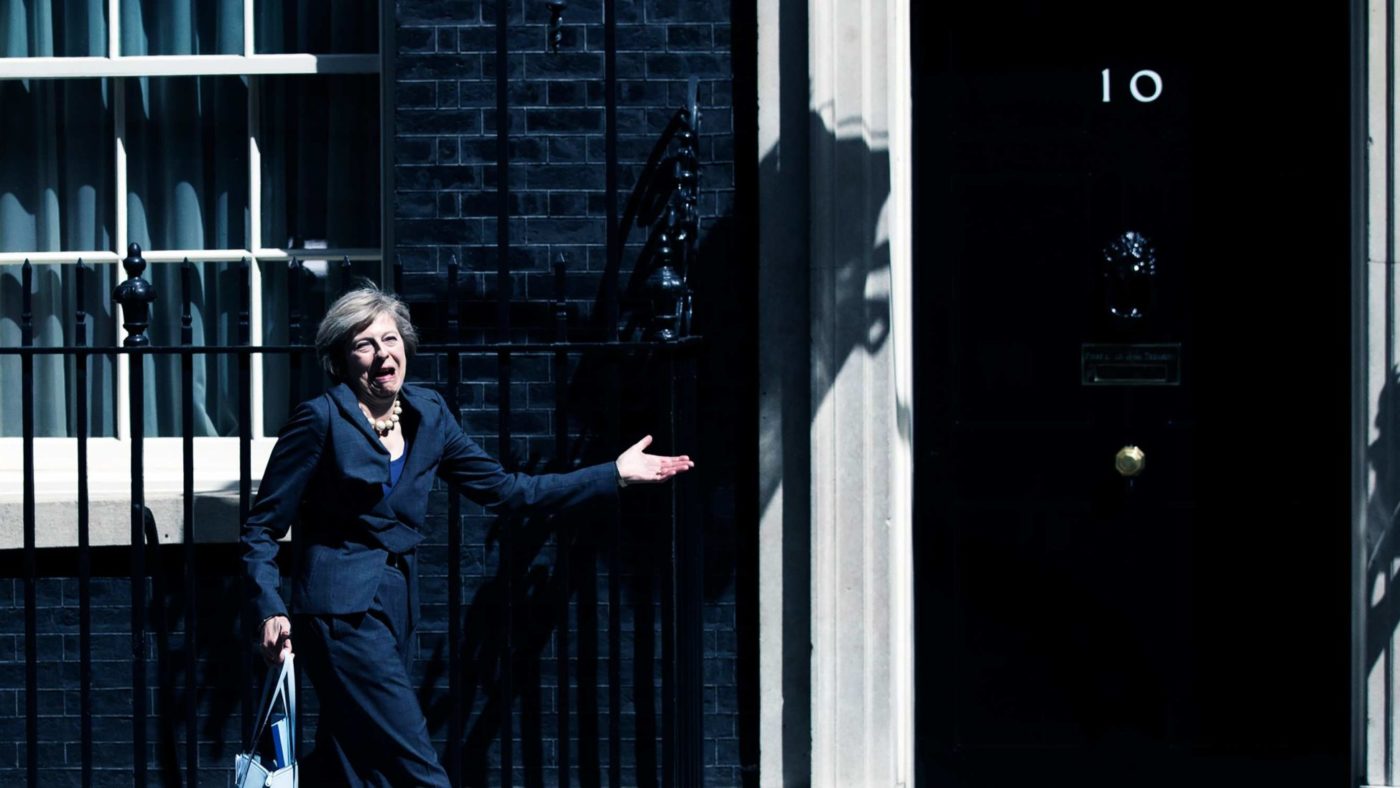Two years after the Prime Minister triggered Article 50 in a letter to Donald Tusk, the United Kingdom has missed its own deadline to leave the European Union by March 29, 2019. It remains, for at least the next 10 days, a member of the EU. However, this does not mean nothing has changed.
Implementing Brexit has thrown the relationships between the key institutions of UK government – the Cabinet, the civil service, Parliament and devolved administrations – into upheaval.
The Cabinet’s traditional operating model of collective responsibility – which obliges ministers to support the government’s position or resign if they feel unable to – has broken down. This principle was first strained following David Cameron’s decision to suspend collective responsibility during the referendum, allowing ministers to campaign against the Government.
Upon taking office, Theresa May tried to balance her Cabinet between former Leavers and former Remainers, perhaps conscious of her role on the losing side of the referendum. But this has exacerbated divisions – particularly after the 2017 General Election terminally damaged her authority – as decisions affecting millions of citizens and businesses are delayed until to the last possible moment for fear of mass resignations, prolonging hostile briefing and mutual suspicion.
Inevitably, however, resignations have occurred – and at record levels. In the first three months of 2019 alone, Theresa May has lost more ministers than any other recent Prime Minister in a single year – except for herself, in 2018. The Prime Minister has typically lost ministers supportive of a harder Brexit – including two Brexit Secretaries – although this dynamic has changed in recent weeks, with resignations coming from ministers opposed to the Government’s handling of Parliamentary process, but supportive of government policy. To avoid further resignations, the Prime Minister has been forced to concede free votes, except for Cabinet ministers, to keep her government (and possibly party) intact.
Brexit has also placed the relationship between ministers and civil servants under the microscope. Brexit-supporting ministers and Parliamentarians have expressed suspicions that the civil service is institutionally anti-Brexit. Concerted efforts have been made to undermine the credibility of officials’ economic analyses of Brexit and personal attacks launched against senior officials, particularly Olly Robbins. Undermining the principle that the civil service provides impartial advice has hindered debate – and ultimately may prove counter-productive if officials feel unable to provide advice based on their analysis.
Nonetheless, officials have worked hard to deliver Brexit within the pressurised two-year window of Article 50. Some departments have grown dramatically to cope with the additional workload, in some cases reversing the cuts of austerity since 2010 entirely. Officials have also been diverted onto EU exit work, visibly delaying non-Brexit work. The scale of delivering Brexit is likely to continue to take up much of the civil service’s capacity during the transition period until 2020, or even 2022, when much other work could be done.
Beyond Whitehall, Brexit has strained the relationships between the UK and devolved governments. Besides the challenges of implementing Brexit in Scotland, Wales and Northern Ireland especially, leaving the EU raises difficult questions about the balance of powers across the UK’s four nations, with tensions arising between the principles of devolution against the challenge of defining the UK’s internal market and ability to sign international treaties.
In 2018, Westminster for the first time broke the convention to seek the consent of devolved legislatures before legislating on devolved matters by passing the EU Withdrawal Act, after the Scottish Government refused to give consent. In addition, the Government’s confidence and supply agreement with Northern Ireland’s DUP has amplified their views on Brexit in the absence of a Northern Ireland Assembly.
Brexit’s fiercest clash, however, has been fought between the Government and Parliament. The Government has used Article 50’s two-year window to pressure Parliament into ratifying the Withdrawal Agreement or risk no deal, rather than seek a consensus befitting its minority status.
In response, Parliament – often aided by the Speaker – has fought to assert its will over the Government in a battle marked by escalation: from acquiring a meaningful vote to control of parliamentary time itself. Past impasses between the Government and Parliament precipitated general elections, yet the Fixed-Term Parliaments Act may mean the Government has neither the majority to deliver its main policy agenda nor to call elections.
Brexit was notionally about control. Yet government in the UK has rarely appeared so indecisive or incapable of rising to the challenges Brexit poses. As such, it remains to be seen whether the convulsions brought about by Brexit are temporary and will dissipate once the UK leaves, or the beginning of a long-term change to how the UK is governed.
CapX depends on the generosity of its readers. If you value what we do, please consider making a donation.


